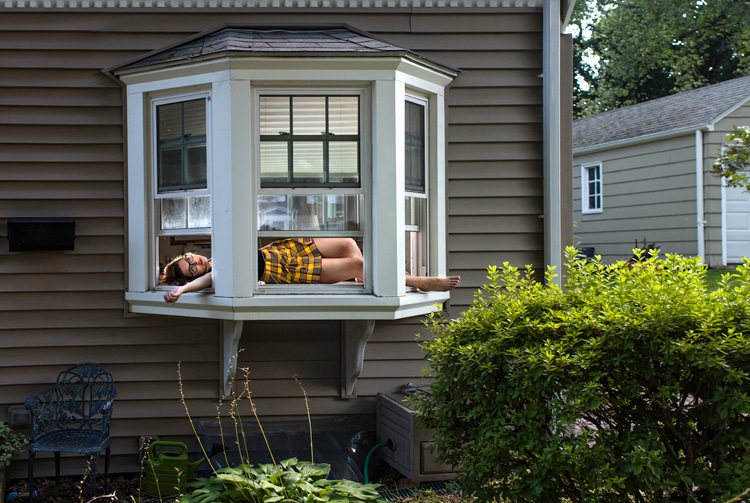What M&S selling hijabs for 3-year-olds really means for diversity

Last week Marks and Spencers started selling hijabs as part of the school uniform collection for 3-year-olds. Now, for anyone who isn’t aware of what Islam says about modesty, the hijab—both external and internal (as in physically covering and generally leading a modest lifestyle), is required of post-puberty women. Some have argued that M&S is feeding into an oppressive machine, others have said that this is the protocol for business: to supply to the demand, while there’s the other argument that the hijab is cultural just as it is religious, so maybe young girls going to school simply wanted to look like their mothers.
The reaction to Marks and Spencers selling hijabs to young girls differed than say Nike producing the sportswear hijab. When Nike came out with an athletic scarf cap in March 2018, it was praised because it felt like the most iconic sports brand was recognising Muslim women in sport and encouraging Muslim girls to get involved in athletics. It also meant Muslim women who choose to wear the headscarf saw themselves represented in lights other than the stereotypical caricatures of being oppressed and needing to be saved, as a woman playing sports shows agency over her body, an idea rarely extended to Muslimas. However the mixed reaction by Muslim women to Nike’s move was largely of scepticism. Why now? Was Nike truly being diverse or was this a blanket way to demonstrate liberalism and perhaps, the cool thing to do?
Recently, in September 2018, Nike released its controversial ad campaign with Colin Kaepernick, a black NFL quarterback player who had been outcasted from the league because of his kneeling protest during the national anthem. Many had been waiting to see where the sports brand would align itself politically and joining Kaepernick was another way of saying Nike was standing up for black issues and movements such as #takeaknee and #blacklivesmatter. Though many right-wing citizens boycotted Nike and for a few days the company’s stocks dropped, the campaign was a success. The company’s revenue in the period increased by 10 percent and profits rose across the world—climbing even as high as 24 percent in China (partially because the firm has started focusing more on direct sales). Yet since the release of the campaign, it’s been reported that Nike employees donate 3 times more to the Republican party than to the Democrats. Nike’s own company’s political action committee (PAC) donated $424,000 to the Republican party in 2018 alone. So the real question is, to what extent is this care for social justice a mere charade? And what do the stories behind trying to appear progressive say about conglomerates?
My instant reaction to Marks and Spencers selling hijabs to 3-year-olds was similar to when I read about who Nike really supports. Because the root of why large companies like Nike and your local M&S work the diversity angle on the surface only is due to the lack of diverse makeup in its employees. For example, this year Nike had to undergo a mandatory diversity training and unlearn racial bias as there was the departure of several senior members of staff. It’s no surprise then that a company that is only 23 percent non-white and makes money from blackness and black people donates to right-wing parties that are not supportive of black issues such as police brutality and systemic white privilege. On the other hand, head of customer experience at Marks and Spencers, Maria Koutsoudakis, admitted that the chain has a lot of work to do with diversity and is open to being wrong. But when you’re worth over £2 billion, this is a lazy if not dangerous excuse.
Diversity is easy to check and easier to display when doing so from behind a screen, but the proof is in the performance of the company and not just in what it represents. The monetisation of buying or producing merchandise that seems liberal-learning has a reverse effect when stories like these are released, as we are all well aware of the lengthy administration process any product or campaign has to go through before it is available to buy. (Can anyone say Pepsi?). And in these Trumpian times, we are even more aware that who you endorse behind closed doors, speaks louder than seemingly inclusive campaigns.
What stories like Marks and Spencer and Nike show is an absence of speaking to their consumers, hiring who they largely sell to and listening to the groans minorities feel as they think “not again”. It doesn’t feel like inclusion, nor does it feel like time spent on understanding minority cultures, but just something else to push, so we can buy.




